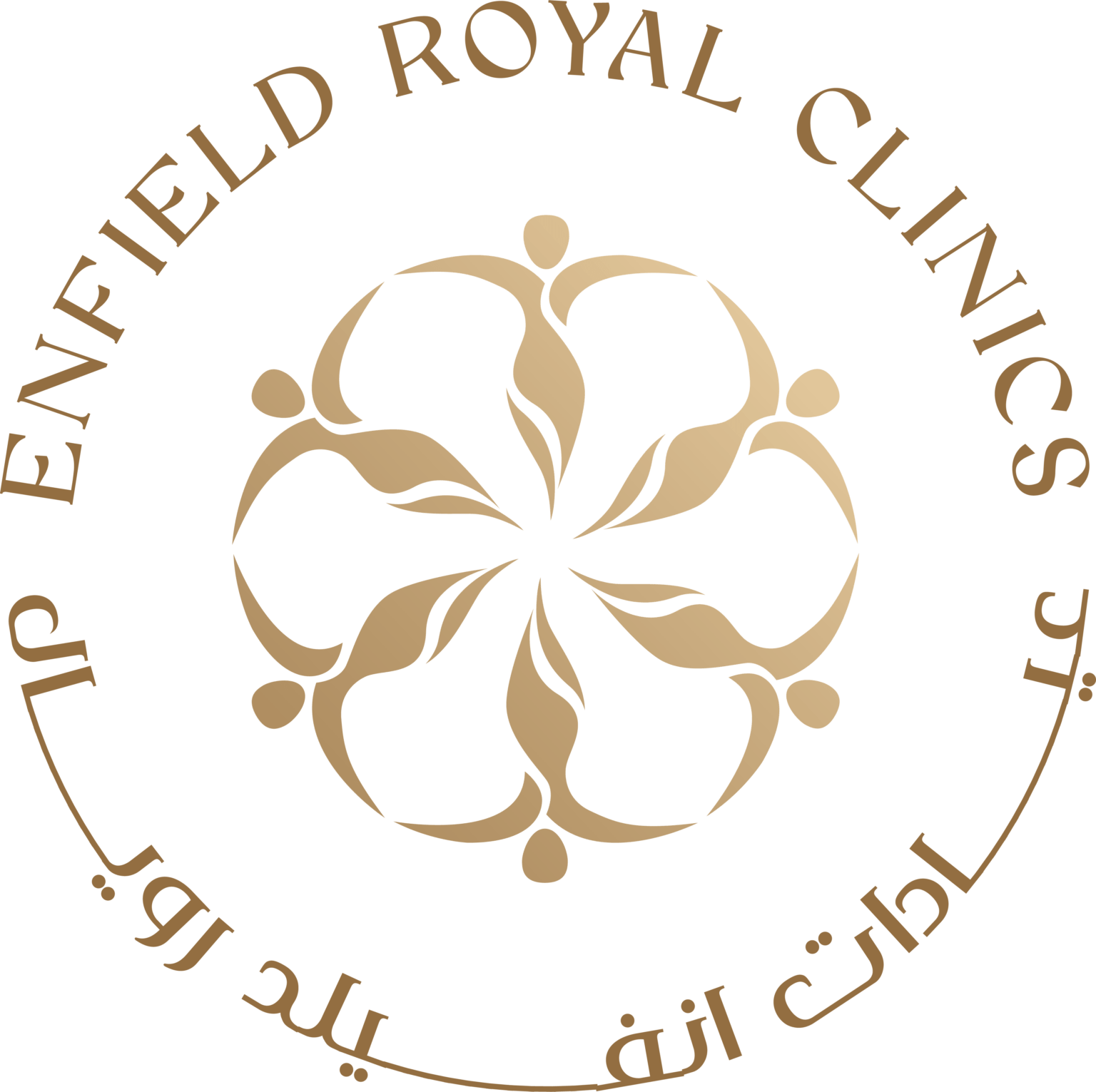
Surgeons perform rhinoplasty to reconstruct or correct a person’s nose for both medical and cosmetic reasons.. Though we are all familiar with the aesthetic benefits of nose jobs, it is also very effective in treating nasal or breathing issues. Just like any other surgery, this too needs extensive care during its recovery. Many patients ask our surgeons, “Can I breathe through my nose after rhinoplasty?” As it is a sensitive surgery, great aftercare is required, and you cannot breathe directly through your nose because of swelling, stitches, and surgical dressing.
To know about nasal breathing and other aftercare after rhinoplasty, read this detailed blog below.
Understanding Rhinoplasty
Rhinoplasty in Islamabad is a surgical procedure that repairs and reshapes the nose for either aesthetic purposes or to correct medical defects, and in some cases, both are addressed in a single surgery. This procedure is also known as a nose job in Islamabad.
Rhinoplasty and Its Impact on Nasal Breathing
Rhinoplasty may be very affecting on nasal breathing and, in addition to sometimes alleviating nasal breathing difficulties, it may bring about other breathing difficulties. The type of surgical procedure performed and the delicate balance between aesthetic goals and preserving or improving nasal function determine the final result.
Can I Breathe Through My Nose After Rhinoplasty?
No, you cannot breathe after having had rhinoplasty on your nose because of the swelling, suture, and surgical gauze after other operation and create an obstruction in your nose. This swelling may force you to breathe through your mouth for a while.
When Can I Breathe Normally After Rhinoplasty Surgery?
It will be approximately 1 to 3 weeks before you notice that you are breathing more comfortably through your nose following rhinoplasty; however, it will be 6 to 12 weeks before you feel like you are breathing normally.
Week 1
- It is much more likely that you will be breathing mostly with your mouth open because of inner swelling, and post-surgical dressings will congest your mouth.
- The breathing process can be difficult and result in a dry mouth.
- The result may vary because some patients complain that they are congested for up to several months.
Weeks 2-4
- The swelling will reduce, which will greatly enhance nasal breathing.
- The initial nasal congestion should correct significantly.
Weeks 6-12
- Breathing should feel much more normal, and swells and bruises should be much lower.
Month 3-6
- Healing should completely restore normal breathing, and the operation will reveal its final cosmetic outcome.
Tips to Improve Breathing During Rhinoplasty Recovery
Do’s | Don’ts |
Keep your head elevated | Don’t blow your nose |
Use saline sprays or rinses | Avoid strenuous activity |
Use a humidifier | Don’t smoke or drink alcohol |
Stay hydrated | Avoid blood-thinning medicines |
Apply cold compresses and Practice gentle deep breathing | Avoid salty foods |
When to See Your Surgeon About Breathing Issues
You must make your surgeon see the problem of breathing since it can be acute or severe in case it goes with other serious problems, such as chest pains, blue lips, or confusion. To counter such chronic or associated symptoms as wheezing, fever, and cough, or difficulty in breathing when lying flat, make a regular appointment at Enfield Royal Clinic
Conclusion
Aftercare is very necessary to ensure safe and satisfactory outcomes. To know what you can do and what you should avoid, consult our professional and highly skilled surgeon, Dr. Naveed Azhar. He will assist you from day one till the last day of recovery so you can have safe and satisfactory results.
Call us now or fill out our online appointment form to schedule your consultation.




